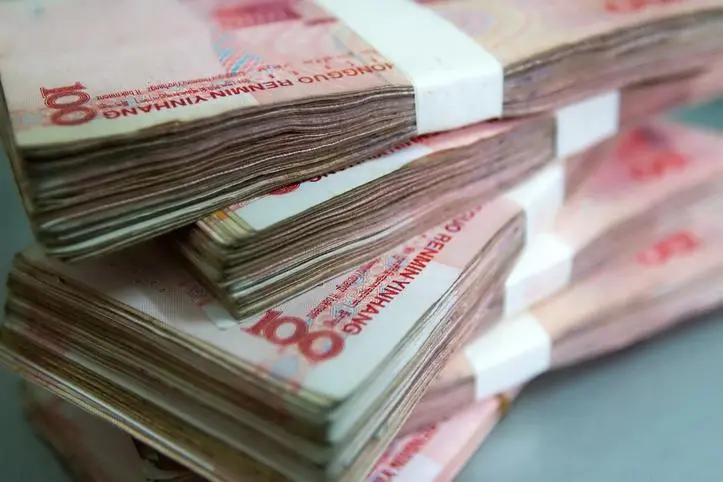PHOTO
QUITO - Ecuador is in direct negotiations with the Chinese government to improve its debt payment conditions, Economy and Finance Minister Richard Mart?nez said Wednesday.
The collapse of crude oil prices, due to falling demand as the new coronavirus spreads globally and a price war between major producers Saudi Arabia and Russia, has upended Moreno's hopes of closing Ecuador's gaping fiscal deficit and cutting debt.
"We were in China in January, starting negotiations to seek changes to debt payments," Martinez told a television channel.
"Current circumstances are forcing that dialogue to intensify," he added. "That is why this week we have had meetings at the highest level with Chinese authorities."
Of Ecuador's $58.6 billion in debt, it maintains around 6 billion with China.
The objective when negotiating the bilateral debt is to access new financing with lower interest rates.
For the past four months, the government has also been in discussions with financial groups to borrow around $2 billion on two lines of credit, of which a portion will serve to pay off its debt.
Some $400 million of one $1.4 billion loan will go to pay for a prior separate debt with that same group, Martinez told journalists Tuesday, without giving more details. The funding would arrive later this month or early April, he added.
Moreno announced on Tuesday night a package of measures that also included a cut in the budget of $ 1.4 billion by eliminating and merging state agencies and cutting spending.
Other proposals included a 5% tax on the value of vehicles worth more than $20,000 and increased income tax withholding for large companies.
Martinez added that the government was yet again looking to implement fuel subsidies, but this time on a sliding scale.
Indigenous protesters led almost two weeks of demonstrations in October after Moreno announced he would eliminate decades-old subsidies on diesel and gasoline following a financing deal with the International Monetary Fund (IMF). Following the protests, he walked back the measure and promised to find other ways to close the fiscal deficit.
In the next few days the government plans to send a proposed law about public finance management which had already been rejected by lawmakers, but this time it will include oil insurance to address a future fall in the price of crude.
The economic hits come as Ecuador also waits for a disbursement of about $348 million from the IMF, although the international lender has said it would continue to work with the government.
(Reporting by Alexandra Valencia; Writing by Sarah Kinosian; Editing by Cynthia Osterman) ((Sarah.Kinosian@thomsonreuters.com;))





















